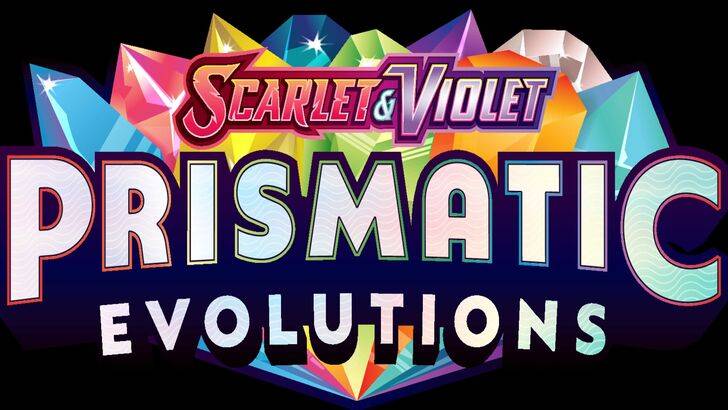Microsoft's multiplatform strategy is evidently successful, as demonstrated by their strong performance on the PlayStation 5, alongside their presence on Xbox Series X and S and PC. Sony's own PlayStation blog post for April 2025 highlighted the top-selling games on the PlayStation Store, with Microsoft titles dominating the charts in both the U.S./Canada and Europe.
In the U.S. and Canada, the top three non-free-to-play downloads on PS5 were Microsoft's The Elder Scrolls IV: Oblivion Remastered, Minecraft, and Forza Horizon 5. Similarly, in Europe, Forza Horizon 5 led the charts, followed by The Elder Scrolls IV: Oblivion Remastered and Minecraft.
Notably, Clair Obscur: Expedition 33, backed by Microsoft for a day-one Game Pass release and featured in Xbox showcases, also ranked highly on both charts. Additionally, Call of Duty: Black Ops 6 from Microsoft-owned Activision and Indiana Jones and the Great Circle from Microsoft-owned Bethesda also made significant appearances.
This success underscores a simple truth: quality games, regardless of their origin, tend to top sales charts. It's no surprise that these titles have performed well on PlayStation, especially given the anticipation for Forza Horizon 5's launch on the console. The Elder Scrolls IV: Oblivion Remastered has satisfied fans' cravings for Bethesda's immersive worlds across platforms, while Minecraft's enduring popularity has been further boosted by the viral success of the Minecraft movie.
Microsoft's approach to multiplatform releases is becoming the new standard, as evidenced by their recent announcement of Gears of War: Reloaded for PC, Xbox, and PlayStation in August. This trend suggests that even Halo, a long-standing Xbox exclusive, might eventually transition to other platforms.
Microsoft's gaming chief, Phil Spencer, has made it clear that there are no "red lines" preventing any first-party titles, including Halo, from going multiplatform. In a conversation with Bloomberg, Spencer emphasized that every Xbox game is considered for multiplatform release, driven by the need to maximize revenue, especially after the significant $69 billion acquisition of Activision Blizzard.
Spencer has articulated that Microsoft's multiplatform strategy is not only about expanding their reach but also about meeting high expectations within the company. "We run a business," he said, highlighting the need to deliver strong results across consoles, PCs, and cloud services.
Former Xbox executive Peter Moore, speaking to IGN, suggested that discussions about bringing Halo to PlayStation have likely been ongoing at Microsoft. Moore pointed out the potential financial benefits, noting that if Halo could generate significantly more revenue on PlayStation, Microsoft would need to seriously consider this move. He emphasized that Halo is more than just a game; it's a valuable piece of intellectual property that could be leveraged across various platforms.
However, Microsoft's shift to multiplatform releases might not sit well with hardcore Xbox fans, who are already expressing discontent over the perceived devaluation of the Xbox console and the lack of exclusives. Moore acknowledged this potential backlash but stressed that Microsoft must focus on what's best for the future of its gaming business and the industry as a whole. He noted that the gaming audience is evolving, and Microsoft needs to cater to new generations to ensure long-term success.
In summary, Microsoft's multiplatform strategy is proving effective, with their games achieving top positions on PlayStation charts. While this approach may alienate some loyal Xbox fans, it aligns with Microsoft's broader business goals and the evolving landscape of the gaming industry.















